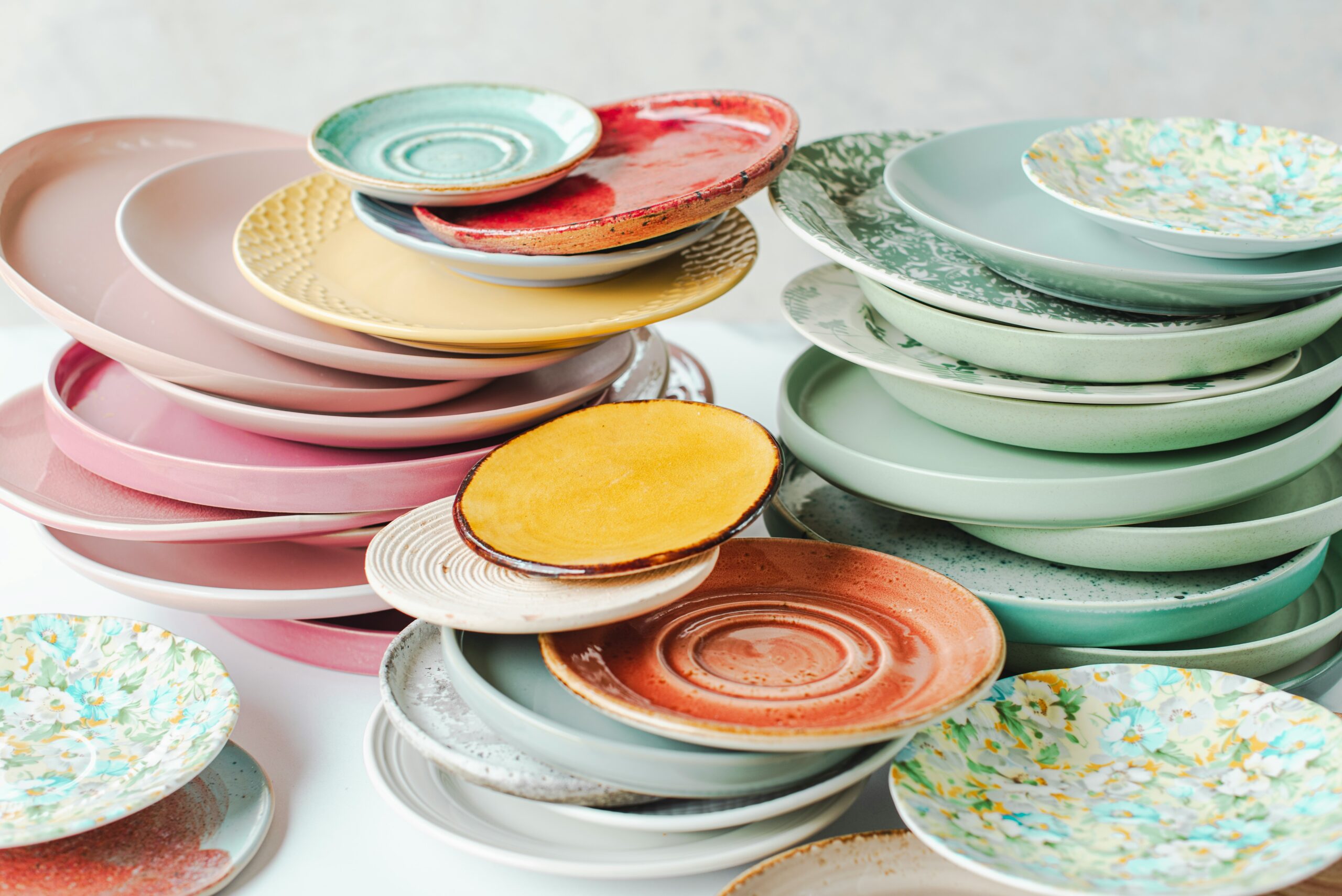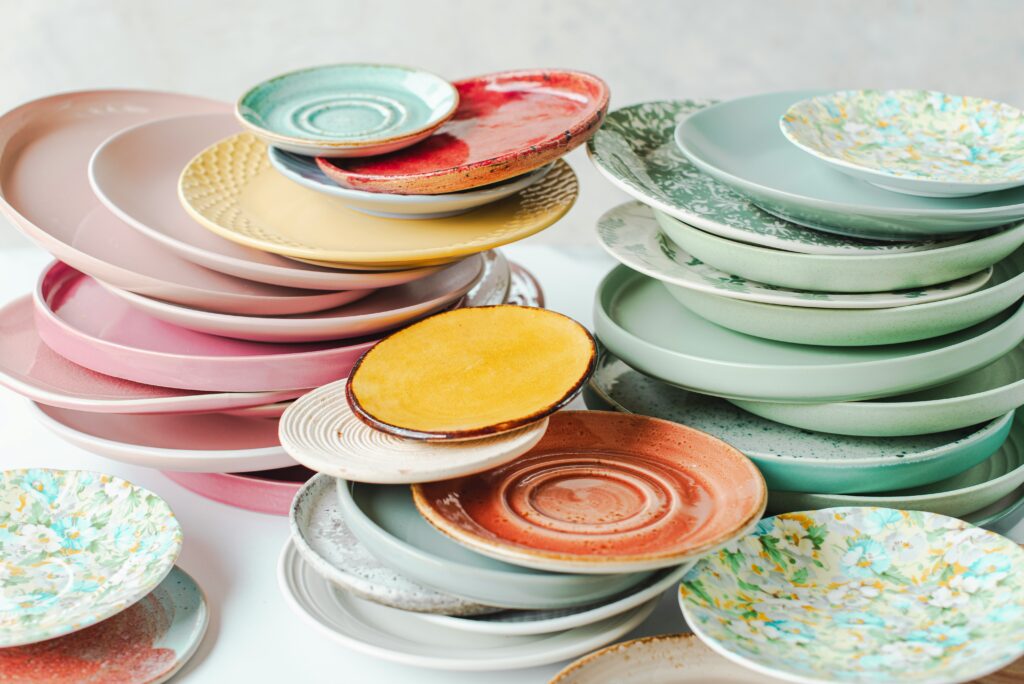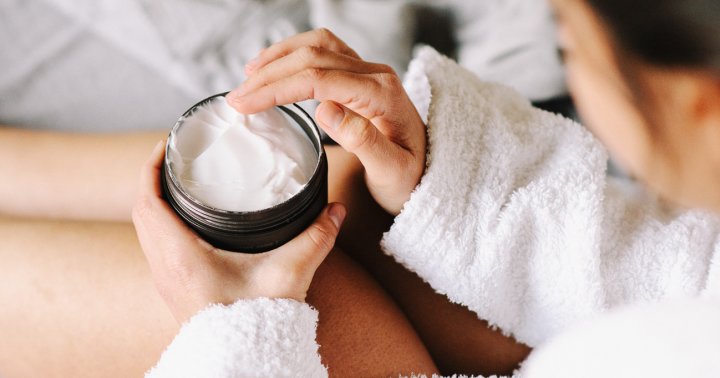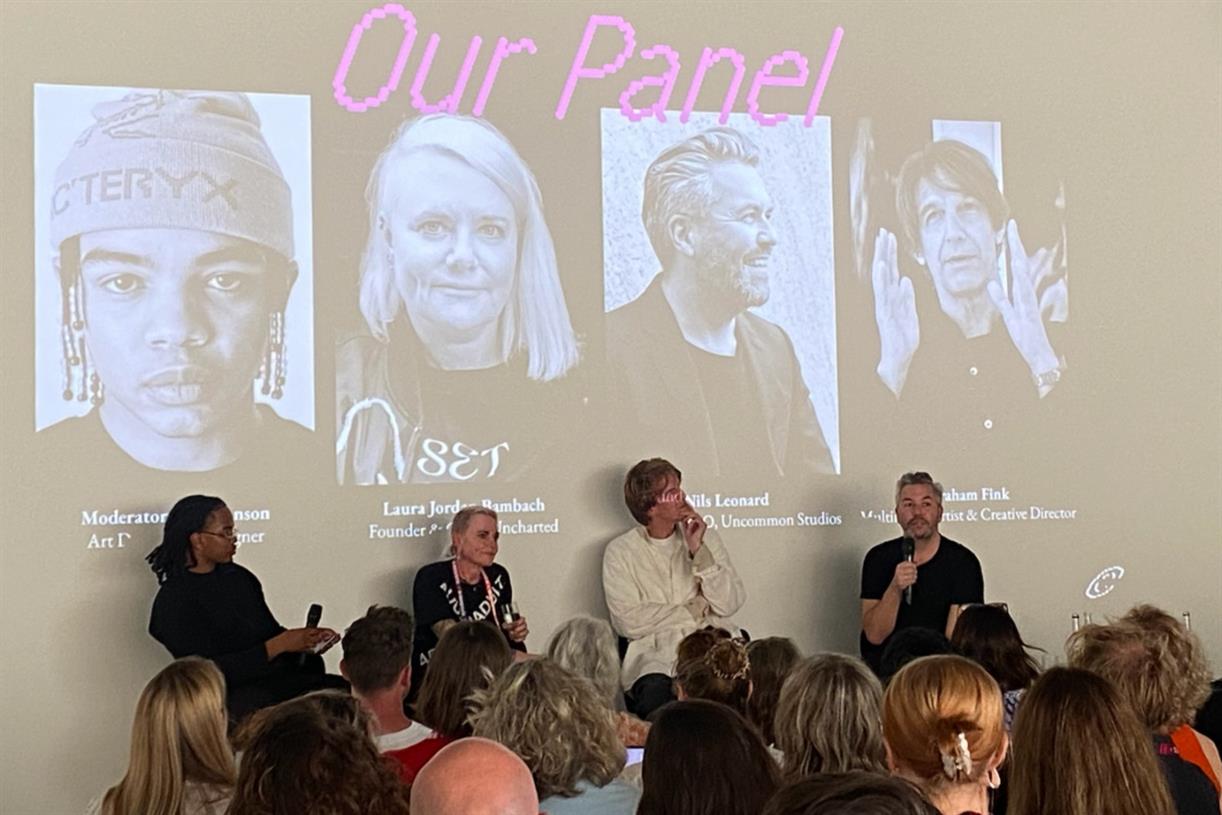Yes, You Can Declutter Gifts – and Here’s How
“But I can’t get rid of these souvenir teaspoons! Dear Aunt Eunice gave them to me!” Have you found yourself holding an object that definitely does not spark joy, but you feel guilty about removing it from your home...


“But I can’t get rid of these souvenir teaspoons! Dear Aunt Eunice gave them to me!”
Have you found yourself holding an object that definitely does not spark joy, but you feel guilty about removing it from your home because it was given to you by a beloved family member or friend? What can you do?
The first step
Remember that people are not the things they give you. The gift is a token of friendship or love, that’s all. The object is a symbol, no more.
Now I realize that some symbols, such as wedding rings, convey feelings and promises that are profound. Of course these belongings are cherished, and their loss would be devastating. In fact, the choice to get rid of something like this is an emotional and significant statement of its own.
But the vast majority of gifts we will receive are not intended to communicate so much, and we don’t need to cling to them so tightly. The teacup Grandma gave you isn’t an embodiment of her love.
Determine the reason for the gift.
If you’re holding an object you don’t use or want, but feel you can’t declutter it because it was a gift (especially if the giver has now passed away), think about how it was given.
Q: Was the person moving or downsizing, and didn’t want to take this item with him?
A: You can get rid of it yourself without guilt.
Q: Did she say, “I’m just going to donate it if you don’t take it?”
A: She didn’t want it either! It’s fine for you to donate the item.
Q: Is the item part of a collection that he loved and valued but just doesn’t appeal to you?
A: If the collection truly reminds you of your loved one, but you don’t want to dedicate an entire shelf, cupboard, or room to it, consider keeping just one item as a memento, and release the rest.
Q: Was the item something that she had been given by an even older ancestor, something she admitted never liking or using, but that she kept because her Great Aunt Tillie loved it?
A: If you don’t care for it either, you don’t need to hang on to it for Great Aunt Tillie’s sake.
Q: Was the item purchased in a store for a specific gift-giving occasion?
A: Surely the giver tried to find something he thought you would like to have, but it has no significance beyond that. If you don’t actually care for it, let it go. This is not a rejection of your friend.
Now, if Uncle Jim gave you his tackle box, and you use it every time you go fishing and think of all he taught you about your favorite pastime, then of course you’ll want to hang on to it. But if you never fish any more, and the tackle box just gathers dust on a shelf in the basement, either repurpose it to hold something you will use on a regular basis, or pass it on to someone else.
The level of dust on an item reveals the truth, my friend.
There are no gift police.
You’re not required to keep every single gift anyone ever gave you. And if this person acts like an enforcer, checking to see that the item is prominently displayed (dust free!), then what they gave you isn’t actually a gift.
It’s an obligation, and that’s something you don’t have to accept.
Clinging to something you don’t like, that no longer functions the way it was supposed to, or that winds up in the back of a closet again and again is not healthy. The person who wants to give you a gift doesn’t intend to burden you. Don’t let the item continue to be a little annoyance, creating resentment over time. You surely don’t want such a negative emotion attached to your loved one.
So get rid of the clutter without guilt, and keep the stuff that actually makes you happy and inspires happy memories. In your uncrowded home, those items will shine.
***
About the Author: Karen Trefzger is a writer, singer, teacher, wife, mother, and grandmother who has been choosing a simpler life for over 20 years. She is the author of several books about minimalism, and blogs at Maximum Gratitude Minimal Stuff.

 Hollif
Hollif 































